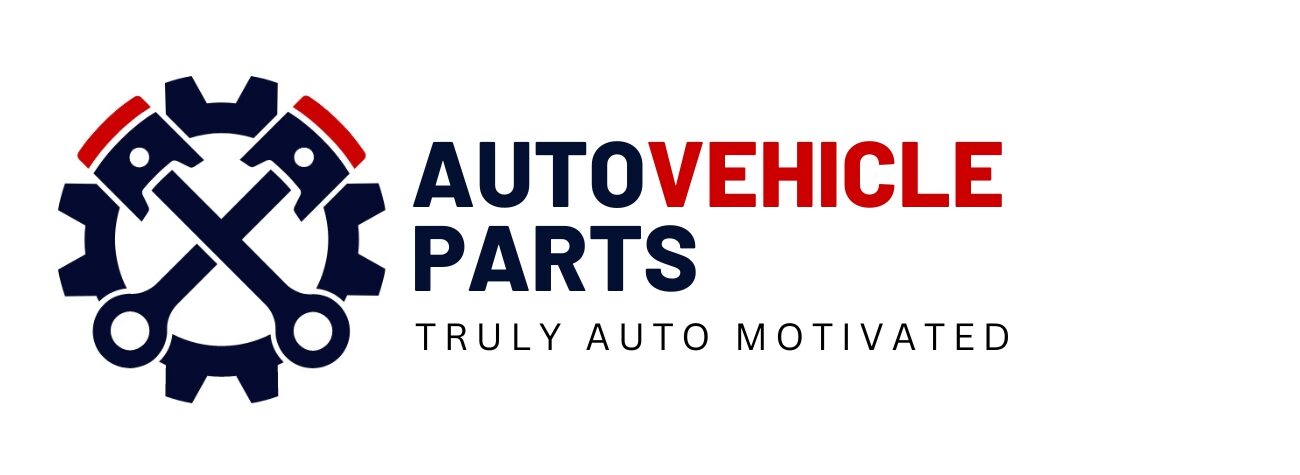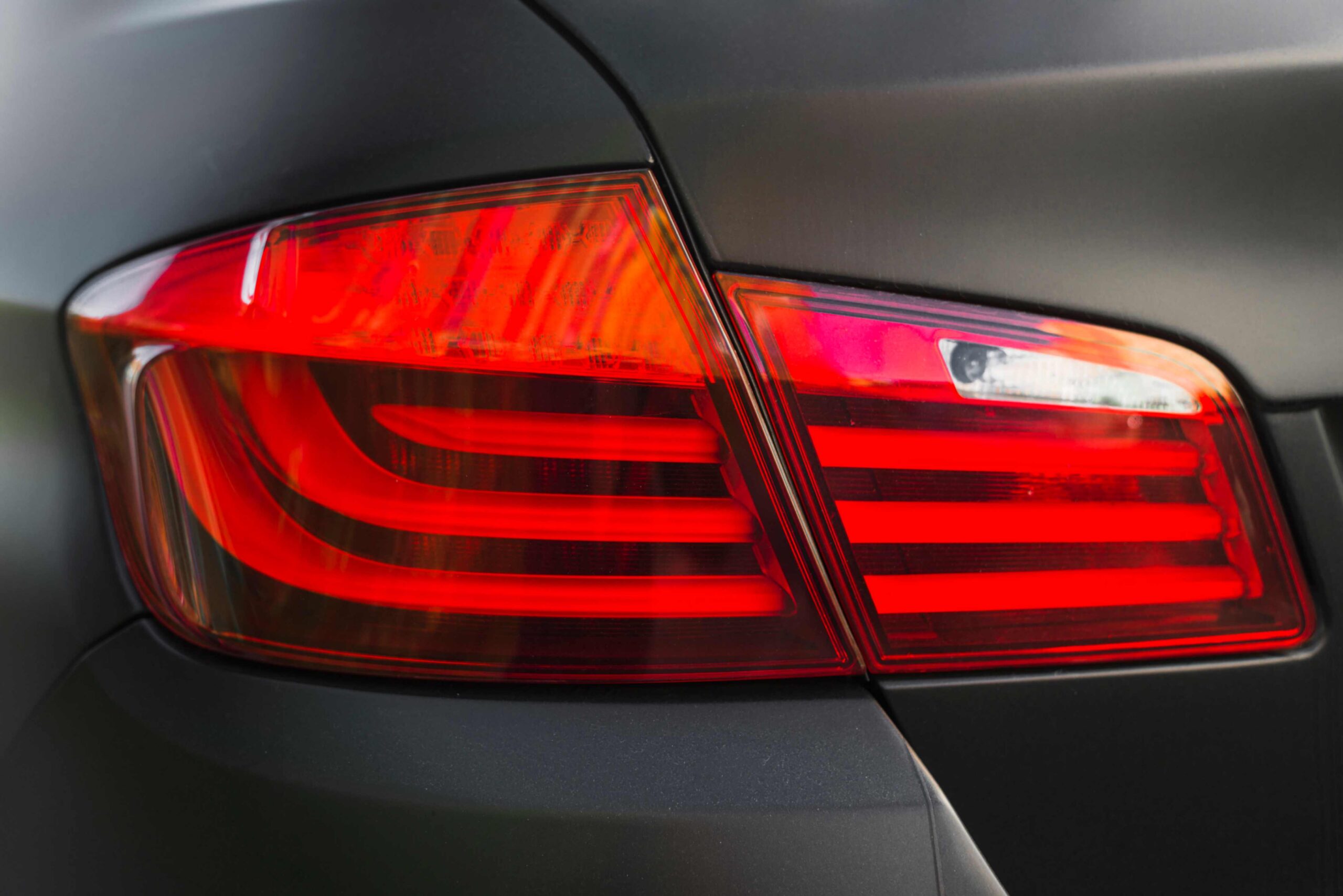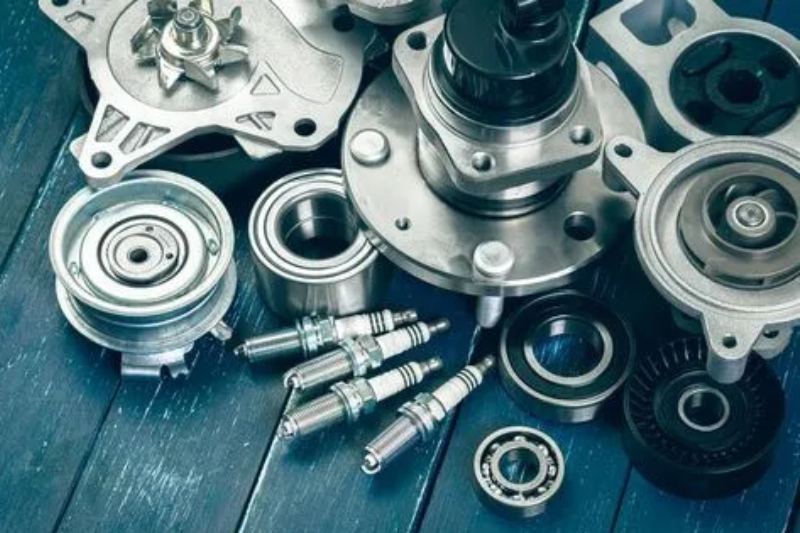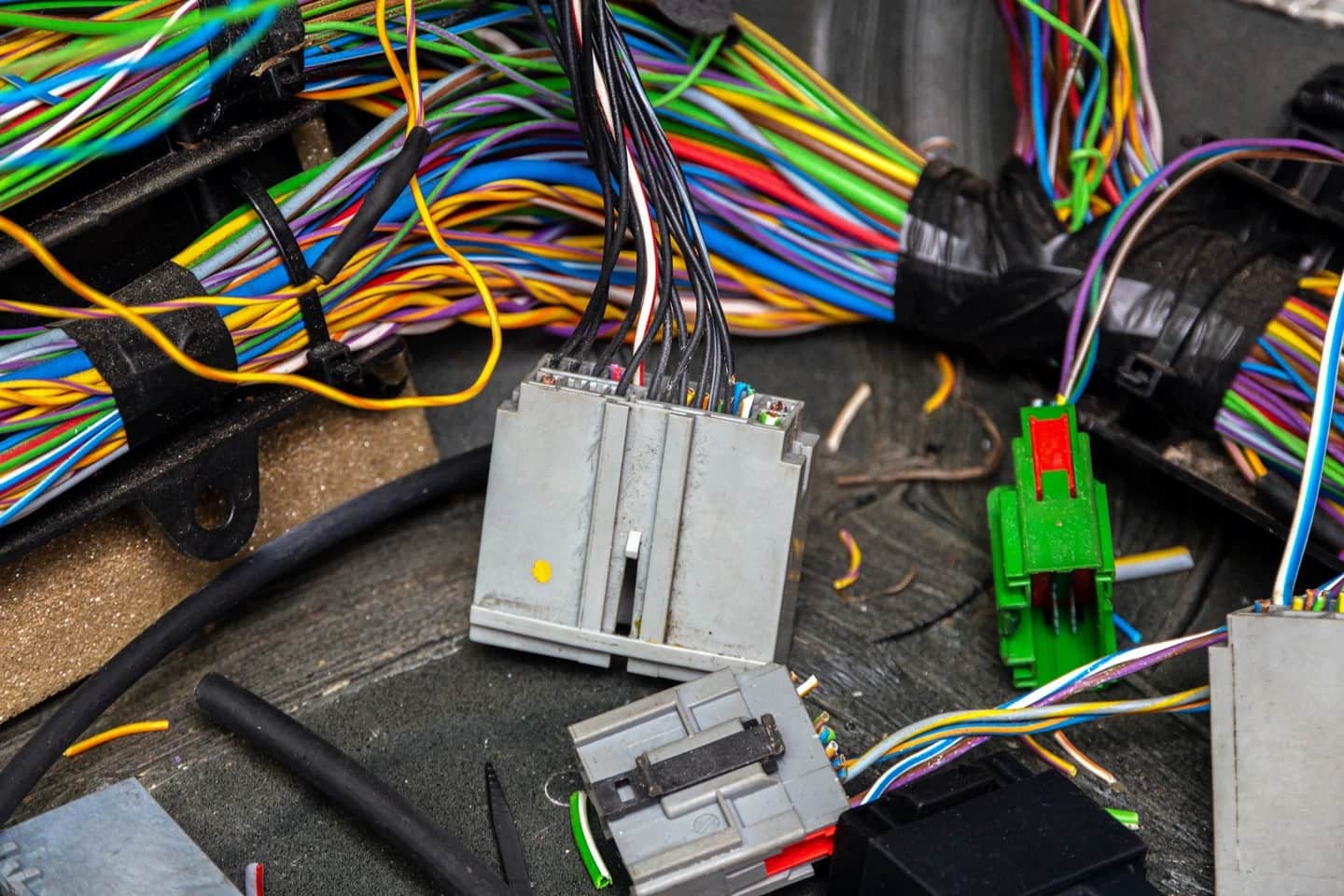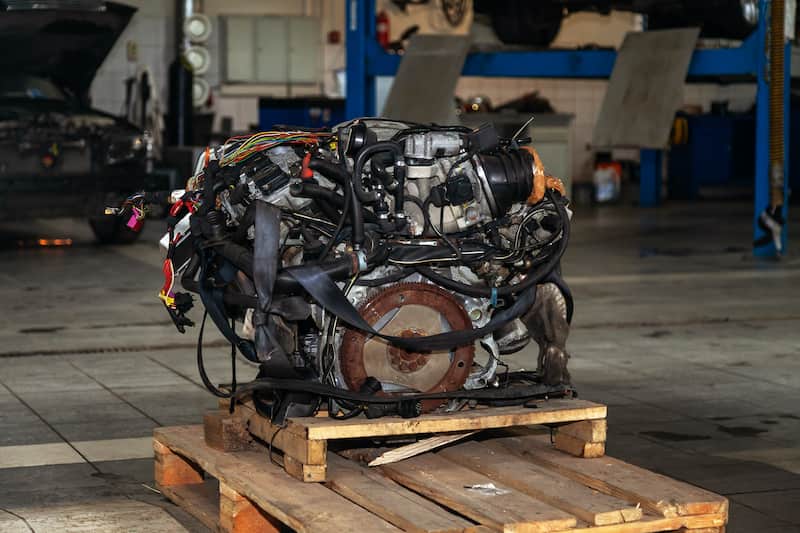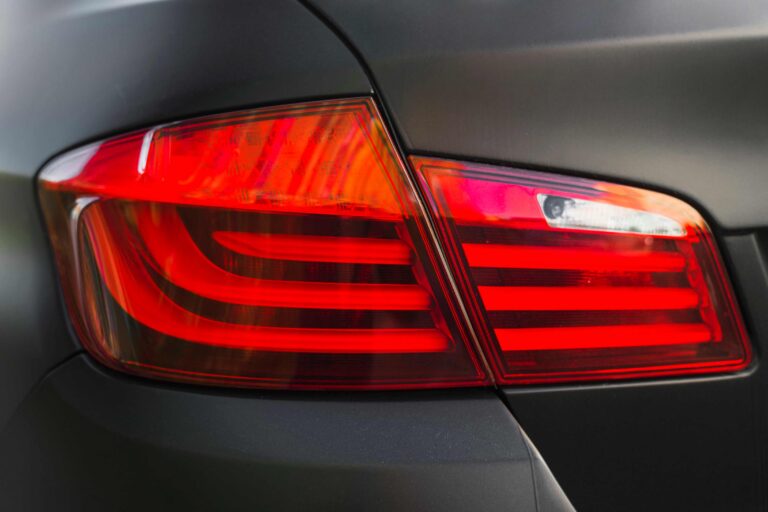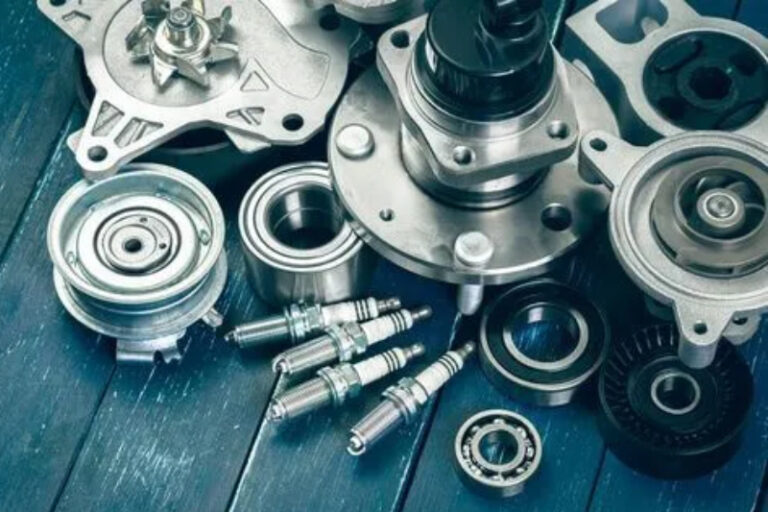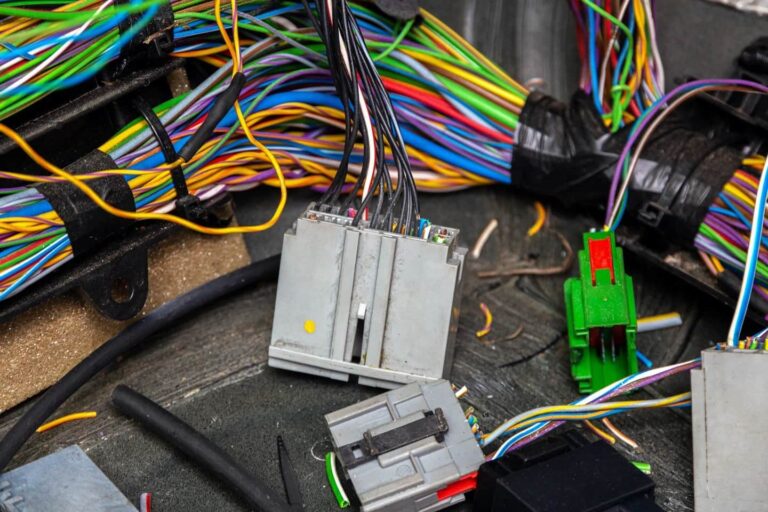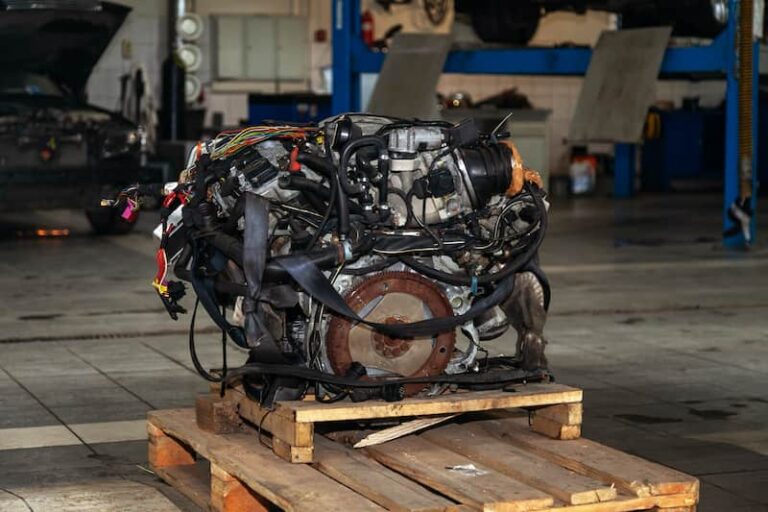If you’ve noticed your car vibrating when idle, it’s a clear sign that something isn’t right under the hood. While a small amount of vibration is normal – especially in older cars – excessive shaking or rattling can signal mechanical issues that need attention. Ignoring the problem could lead to costlier repairs and even affect your vehicle’s performance and safety.
In this article, we’ll discuss the most common reasons why your car vibrates when idle, what each symptom might mean, and how you can fix or prevent them. We’ll also answer some frequently asked questions about engine vibration and maintenance.
Why Is Your Car Vibrating When Idle?
When a car engine runs smoothly, it means the fuel and air mixture is being burned efficiently, creating balanced power to run all systems – such as air conditioning, steering, and electrical components. However, if one or more parts of the system malfunction, it disrupts the balance, leading to noticeable vibration when your car is idle.
This rough idling could feel like a light shaking in your steering wheel, seat, or even the entire vehicle. The vibration is your car’s way of “telling” you that something’s wrong. Acting quickly can save you from expensive repairs down the road.
Here are the top reasons your car might be vibrating when idle.
1. Loose or Damaged Motor Mounts
Motor mounts secure your engine to the frame of your car and absorb vibration from the engine to keep it running smoothly. When the mounts wear out, crack, or loosen, they can no longer properly hold the engine in place, causing noticeable shaking or rattling when the car is idling.
If the vibration stops or reduces significantly when you shift the car into Neutral, it’s a strong sign that your motor mounts are the culprit.
What to do:
Have your mechanic inspect the motor mounts immediately. Replacing worn mounts will not only stop the vibration but also prevent damage to other parts connected to the engine.
Pro tip:
Avoid driving too long with bad mounts – continued vibration can loosen engine bolts, misalign belts, and damage the exhaust system.
2. Clogged or Dirty Air Filters
Your engine needs a precise balance of air and fuel to run properly. The air filter prevents dirt, dust, and debris from entering the engine, but over time it can become clogged. A dirty air filter limits airflow, causing the fuel mixture to run too “rich” (too much fuel, not enough air). This imbalance can lead to rough idling, reduced fuel efficiency, and even stalling.
What to do:
Replace your air filter every 12,000 to 15,000 miles – or sooner if you drive in dusty areas. This is an inexpensive fix that can immediately improve your car’s performance and smoothness.
Warning sign:
If your engine is running “rich,” you may notice black smoke from the exhaust or a strong smell of gasoline.
3. Dirty or Clogged Fuel Injectors
Modern engines rely on fuel injectors to spray precise amounts of fuel into the cylinders at exact intervals. When these injectors become clogged with carbon deposits or residue from poor-quality fuel, they fail to deliver the proper fuel amount or pattern. This results in poor combustion, uneven engine performance, and vibration when idling.
What to do:
- Use a high-quality fuel injector cleaner every few months.
- Have a mechanic perform a professional injector cleaning if the problem persists.
- Use only high-quality fuel to prevent carbon buildup.
Pro tip:
Adding a fuel system cleaner during your regular oil change can prevent clogging and keep your injectors working efficiently.
4. Worn-Out or Misaligned Belts
Your engine uses several belts – like the serpentine belt and timing belt – to keep various components running in sync. Over time, these belts can stretch, crack, or slip, causing vibration and squealing noises at idle. A worn or loose belt can also cause problems with the alternator, air conditioner, or power steering, leading to more severe mechanical failures.
What to do:
Inspect all visible belts for cracks, fraying, or looseness. If a belt is worn out or misaligned, have it replaced immediately. Ignoring it could result in the belt snapping and causing major engine damage.
Pro tip:
Your mechanic should check your timing belt every 60,000–100,000 miles and your serpentine belt around 50,000 miles.
5. Worn or Faulty Spark Plugs
Spark plugs are essential for igniting the air-fuel mixture in your engine. When they’re dirty, worn out, or improperly gapped, your engine may misfire – resulting in rough idling, reduced power, and excessive vibration.
If your car shakes when idle and your “Check Engine” light is on, bad spark plugs are a likely cause.
What to do:
Replace spark plugs according to your manufacturer’s recommendations – typically every 30,000 to 100,000 miles, depending on the type. Also, inspect the ignition wires and coils, as worn ignition parts can contribute to the same issue.
Pro tip:
Always use the correct spark plug type for your car model. The wrong plugs can worsen vibration and lower fuel economy.
Other Possible Causes of Car Vibration When Idle
While the above are the most common culprits, there are several other reasons your car may shake or vibrate when idling:
- Vacuum leaks: A disconnected or cracked vacuum hose can disrupt the air-fuel ratio, causing rough idle.
- Dirty throttle body: Carbon buildup can prevent proper airflow into the engine.
- Exhaust leaks: Holes or leaks in the exhaust manifold can cause uneven back pressure and vibration.
- Low or dirty engine oil: Poor lubrication increases friction between parts, causing shaking and noise.
- Transmission issues: Faulty torque converters or worn-out transmission mounts can create vibrations at low RPMs.
A thorough diagnostic check from a certified mechanic can pinpoint the exact source of the problem.
What Should You Do If Your Car Vibrates at Idle?
- Don’t ignore it. Even minor vibrations can be early signs of serious engine issues.
- Check simple fixes first, like air filters and spark plugs.
- Observe when it happens. Does the vibration occur only in “Drive,” “Neutral,” or both? This helps mechanics narrow down the issue.
- Schedule a professional inspection to avoid worsening the damage.
- Maintain regular servicing. Routine oil changes, filter replacements, and fuel system cleanings go a long way toward keeping your car smooth and quiet.
Final Thoughts
A car that vibrates when idle is trying to tell you something. While it might not always be a major problem, ignoring it can quickly turn into one. Whether it’s a worn motor mount, dirty air filter, or faulty spark plug, addressing the issue early will help maintain your car’s performance, fuel efficiency, and safety.
If your car continues to shake despite basic maintenance, visit a certified mechanic for a professional diagnosis. Remember, a smooth idle means a healthy engine, so don’t wait – get those vibrations checked today!
FAQs
It depends on the cause. Minor vibrations from a dirty air filter may not be dangerous, but vibrations caused by motor mount failure or misfires can lead to serious damage. It’s best to have it checked immediately.
The cost varies based on the issue. Air filter replacements may cost $30–$60, spark plugs $100–$250, and motor mounts $300–$600. Diagnostic testing usually costs around $100.
If the vibration happens only when you’re idle or stopped, it often points to a rough idle caused by bad spark plugs, vacuum leaks, or weak motor mounts.
Yes. Low-quality or contaminated fuel can clog injectors and disrupt combustion, leading to shaking and poor performance. Always buy fuel from trusted stations.
Regular maintenance is key – replace filters, spark plugs, and belts as recommended. Use fuel system cleaners periodically and schedule tune-ups to ensure everything runs smoothly.
